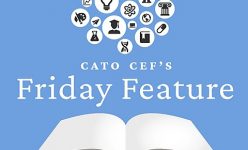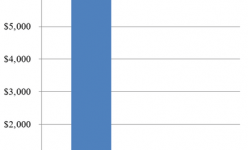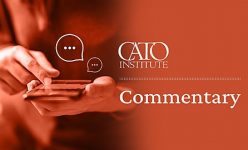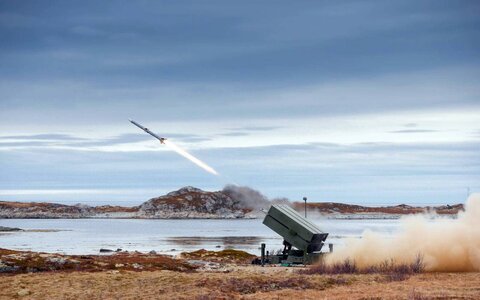
In the United States today, the word “liberal” is often linked to Democrats and others on the political left who favor using government to implement social change. But the word actually comes from the Latin root liber, which means free. And that is at the heart of the Institute for Catholic Liberal Education (ICLE), which was founded in 1999. ICLE’s mission is to renew Catholic schools “by drawing on the Church’s tradition of education, which frees teachers and students for the joyful pursuit of faith, wisdom, and virtue.”
According to the Institute, most modern schools are based on a pragmatic, utilitarian, secular philosophy that is fragmented and focused on skills, job training, and standardized tests. A Catholic classical liberal arts education, on the other hand, emphasizes wisdom, independent thought, and discovery while focusing on the whole child created in the image of God.
ICLE provides a number of resources for schools that want to adopt the Catholic classical educational philosophy. For schools that are considering this path, ICLE offers presentations for parents, clergy, and boards as well as training for teachers and school leaders. There are also conferences, workshops on various topics, publications, and site visits.
New this year after a pilot program in Denver, ICLE is launching a Catholic Educator Formation and Credential (CEFC) program. This 18‐month program, delivered online and in‐person, is designed to be an alternative to state licensure that can be used by Catholic dioceses across the nation.
Emily Zgonc is the principal at St. Michael School, a Catholic school in western Pennsylvania that was founded in 1899. This year, the school is embarking on a new ICLE partnership that Emily is very excited about. “ICLE has been working with Catholic schools across the United States to support a refreshing renewal of Catholic education,” she explains.
“We’re going back to our roots of what made Catholic education so effective and vibrant: the importance of story and wonder. Our students will be reading great stories that they can delve deeply into, befriending and learning life lessons from the characters. Instead of bland ‘social studies,’ our students will learn the history of western civilization and where they fit in that story. Going beyond a typical science class, we’re going to incorporate nature studies so our students can ‘get their hands dirty’ and dig into what they are learning about, awakening a sense of wonder and leading to deep questions. Our newly revamped curriculum will help our students grow to become intelligent, curious, and engaging adults.”
St. Michael School is not alone. Interest in classical education, including ICLE, has exploded in recent years. Earlier this week, ICLE hosted its national conference at Duquesne University in Pittsburgh. While the Institute expanded conference capacity by 25 percent compared to last year, the event still sold out quicker than in the past.
I attended the ICLE conference to participate on a panel about school choice and Catholic schools. One of the topics I discussed was how the government largely monopolized education in the late 1800s and early 1900s, which crowded out many other models. School choice policies, like tax credit scholarships, education savings accounts, and vouchers, are helping to correct that problem. As interest grows in education options beyond local district schools—including interest in classical Catholic schools like ICLE partners—the expansion of school choice programs will help families access these options.






















